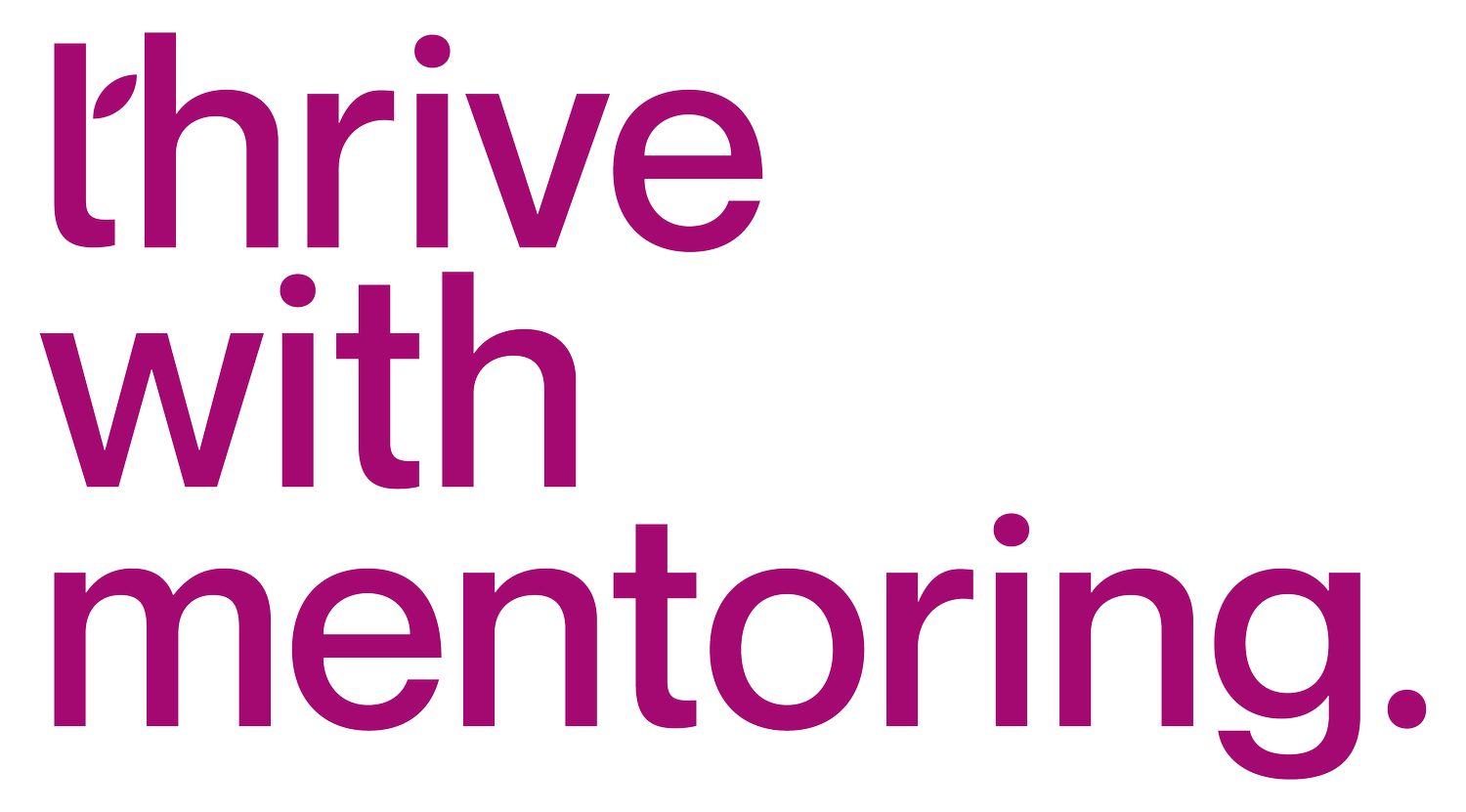How having a Mentor can help you address stereotyping?
Suppose you see a frog. You could either be scared thinking it might jump up on you at any moment, or be unaffected thinking that if it did jump, you will just brush it off. The idea that the frog could be a threat follows the fear that is evoked on sight. Feelings are what your thoughts are based on, not the other way around. When we feel fear or uncertainty, we tend to amplify what we know or don’t know about people.
Making assumptions about people is stereotyping. It doesn’t matter what you base those assumptions on - race, gender, sexual orientation, marital status, generation, what they eat, their lifestyle choices – you name it. We categorise people into being a certain way, so that it becomes easier for us to deal with them. People are complex and our reactions are impulsive, so it’s easier for us to react or not react once we know how they will respond. Stereotyping is something we do to simplify our surroundings so that they are easier to understand – so its relatively harmless. But when we start using these stereotypes and generalisations to make decisions around specific individuals we have crossed the line – we are now in the minefield of discrimination.
What makes stereotyping worse is unconscious bias. We don’t think we are biased, but we are. If you want to challenge yourself – try the Harvard Gender - Career implicit association test under https://implicit.harvard.edu/implicit/
Stereotyping is deeply entrenched in our psyche. It’s not just how we see others, it’s also how we see ourself. And with women, it's doubly difficult. Stereotyping has very little to do with their abilities and everything to do with their gender. Across culture, time and context, women are assumed to be maternal, communal, warm, loving and emotionally sensitive. If I didn’t know better, I’d think you are describing a Panda! See, that too is a stereotype!
At the workplace, promotions and designations and salary adjustments need to be fairly distributed. Research shows that women are held to stricter standards for promotion: promoted women have higher performance ratings than promoted men. And this is where a skilled mentor can be impactful. He/She will support you to identify your true self — that unique, promising, but vulnerable version of you that might be hidden from view, obscured by everything that you assume to be and not really about who you really are.
A mentor can work through both perceptual and behavioural affirmation. The former says that the mentor correctly perceives the traits of the mentee and is aligned to the mentee’s view of her/his self. It is a matter of strengthening the strengths of the mentee through continual conversation. Then effective mentors will move on to the behaviour. Does your behaviour match the kind of the person that you think you are? The mentor will elicit behaviours and dispositions that are consistent with the mentee’s true self.
HOW DOES A MENTOR’S APPROACH TO MENTORING WORK AT DISABLING STEREOTYPES?
Bringing in awareness: A mentor can help you identify and challenge your stereotypes. Perhaps by sharing information and experience that is new and challenges your preconceived notions. Perhaps by providing you a narrative that will question your beliefs. Often by showing you a mirror and reflecting back what they hear from you.
Being a Role model: An effective mentor will be transparent about the limits of their understanding and can be open about this to their mentee. And that too from a space of security and confidence. This supports the mentee in finding their own vulnerability and being OK with it. Leading by example is what you count on mentors for.
Giving time to "think": An effective mentor is able to offer the mentee what Nancy Kline calls ‘Time to think’ – that sacred space where in the presence of an attentive listener the mentee has the possibility to explore their own thinking. Without fear and without shame.
As mentees work closely with mentors, they gain a better understanding of their own unconscious biases and how it impedes their growth. After all, stereotyping affects the entire environment and not just that particular individual.
When we can truly be ourselves, we become more ready to accept others as they are.
